The Communications Lineworker Program (CLP) is the first of its kind and strives to provide the opportunity for students to embark on a meaningful and rewarding career in the telecommunications industry. This is accomplished by providing training methods that have proven to be extremely effective in preparing students to be highly successful employees.
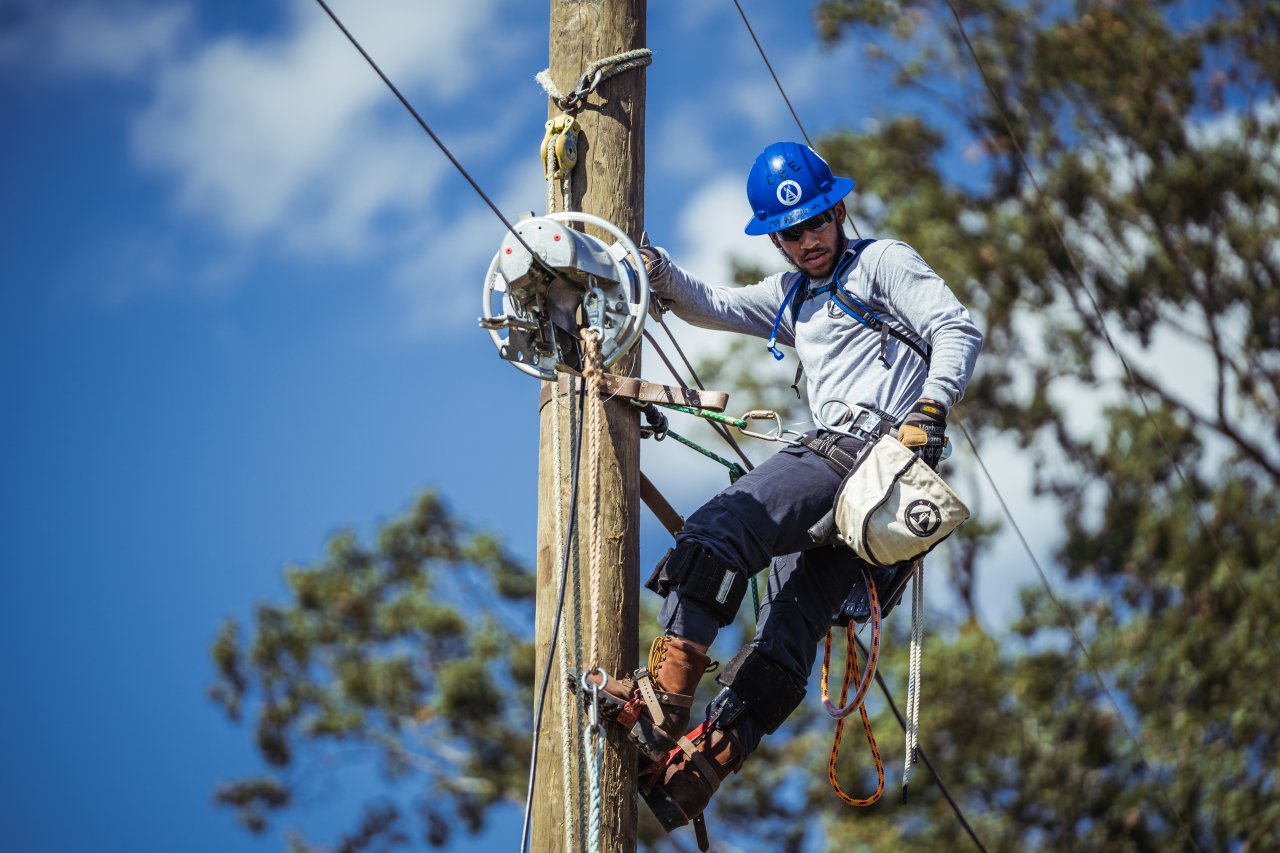

The Communications Lineworker Program consists of 210 field training hours and 110 classroom hours, for a combined 320 hours of premier communications training. Through our hands-on training environment, SLTC provides you with all the necessary skills, classes, and certifications that will make you stand out to future employers. In only 8 weeks, we will equip you with the Knowledge, Discipline, and Ability to pursue a successful career in the communications industry.
$11,955
$76,740
High Career Growth Rate
Average salary comes from the Bureau of Labor Statistics.
Next Class Begins May 30, 2025
10 Certifications
TUITION INCREASE Occurring Fall 2025 - New Price starting Class 52 - $12,455 |
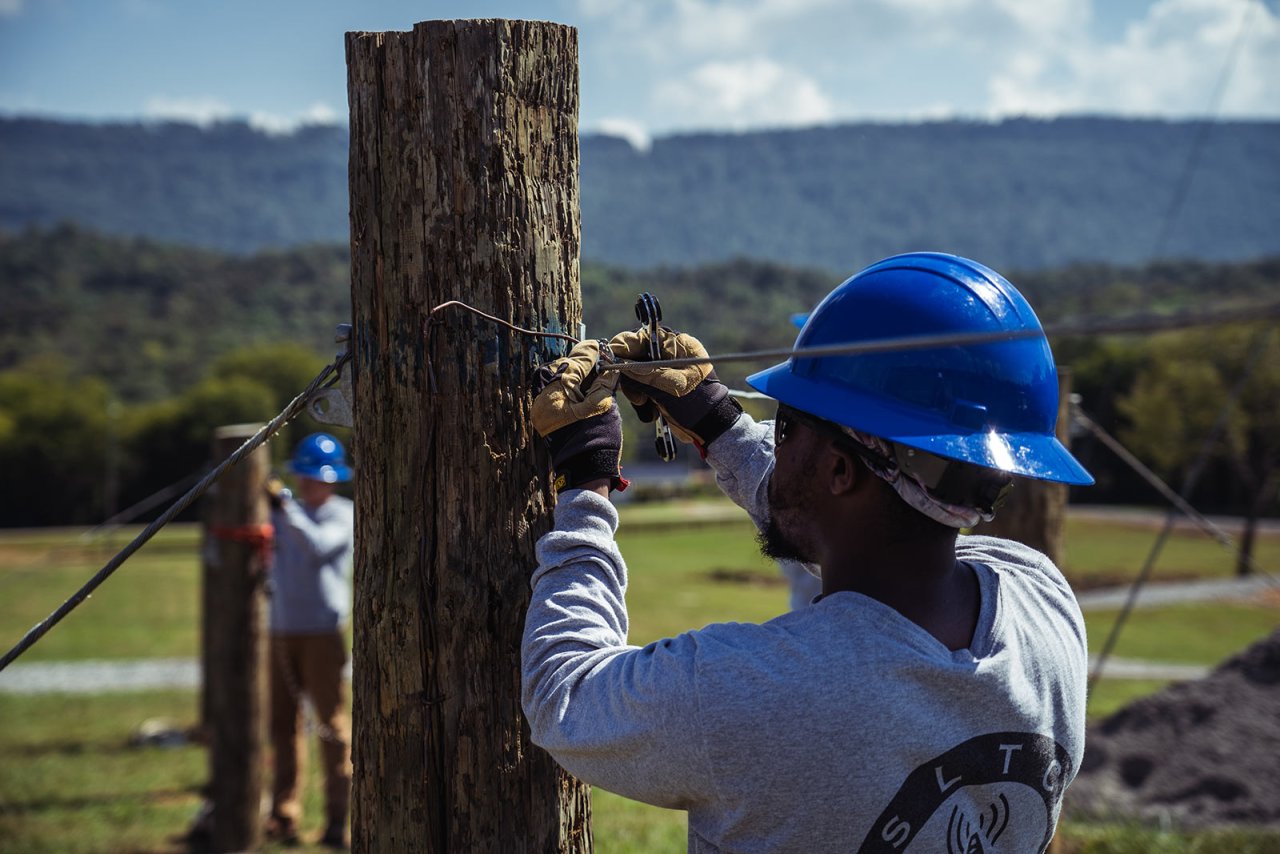
A communications lineworker in its day-to-day work installs, maintains, and repairs telecommunication cables and fiber optics, but when a storm hits a lineworker is much more. A lineworker is the first to run toward the storm and put it all on the line to restore power and communications to communities after disaster hits. Which way will you go?
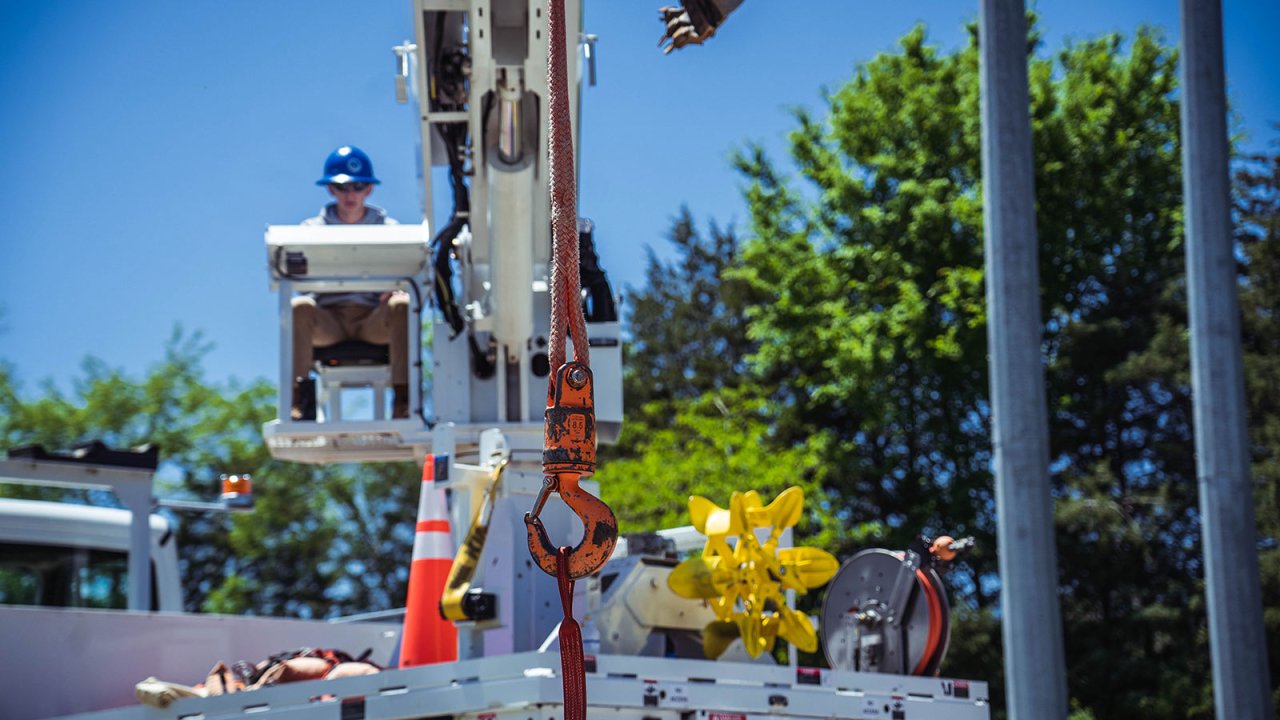
Communication through the internet and cellular devices plays a critical role in society today. The onset of new technology has done many things but most of all, it has increased the need for communications lineworkers. Telecommunications is a $1.4-trillion industry and continues growing with the onset of gig internet and 5G wireless networks. Completion of our Communications program qualifies you for a variety of job opportunities including but not limited to: Communications Lineworker, CATV Lineworker, Telecom Line Installers and Repairers, Aerial Cable Construction, Fiber Splicer, Tower Worker, Outside Plant Technician, Equipment Operator, Cable Splicer/Installer.
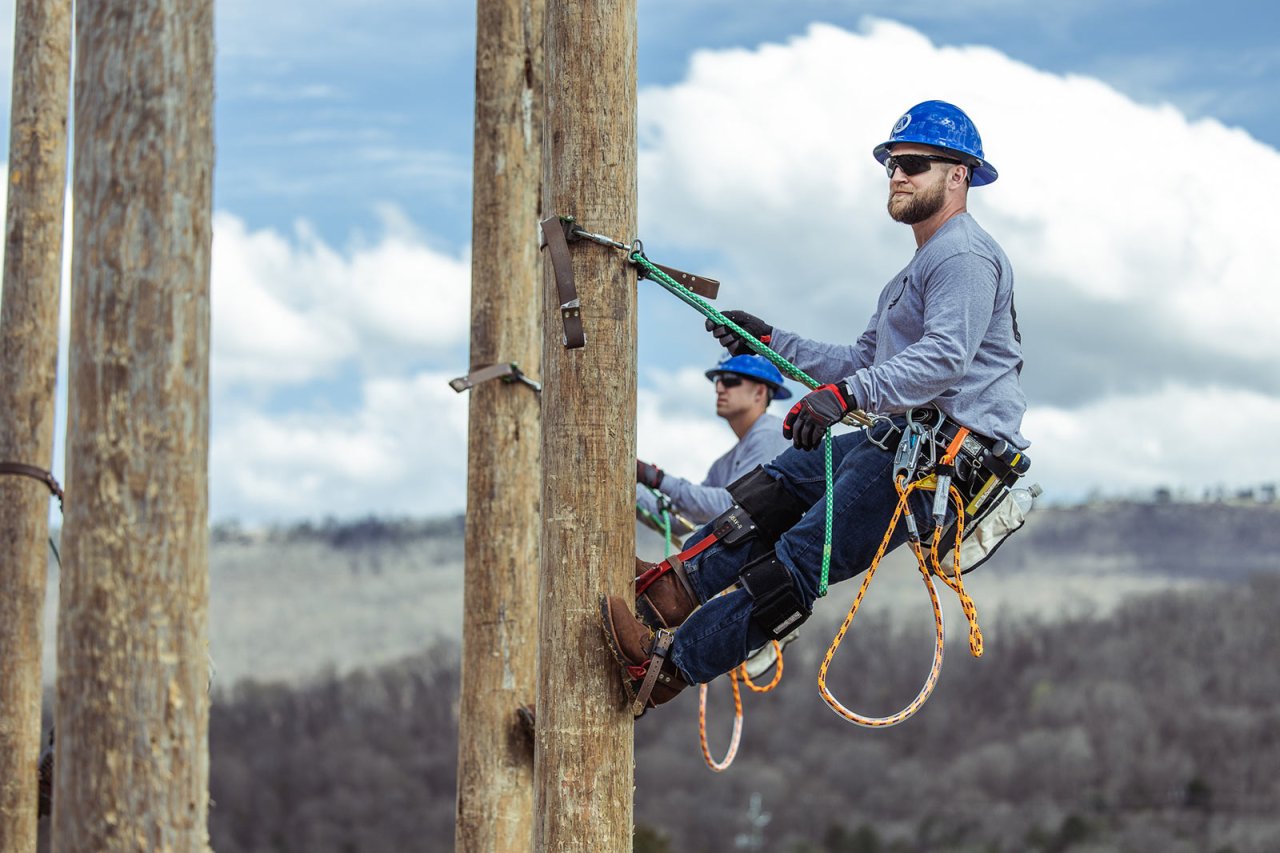
During the first three weeks of training, students are taught how to safely climb and maneuver in elevated positions on wooden poles. These skills directly translate to day-to-day roles of a communications lineman.
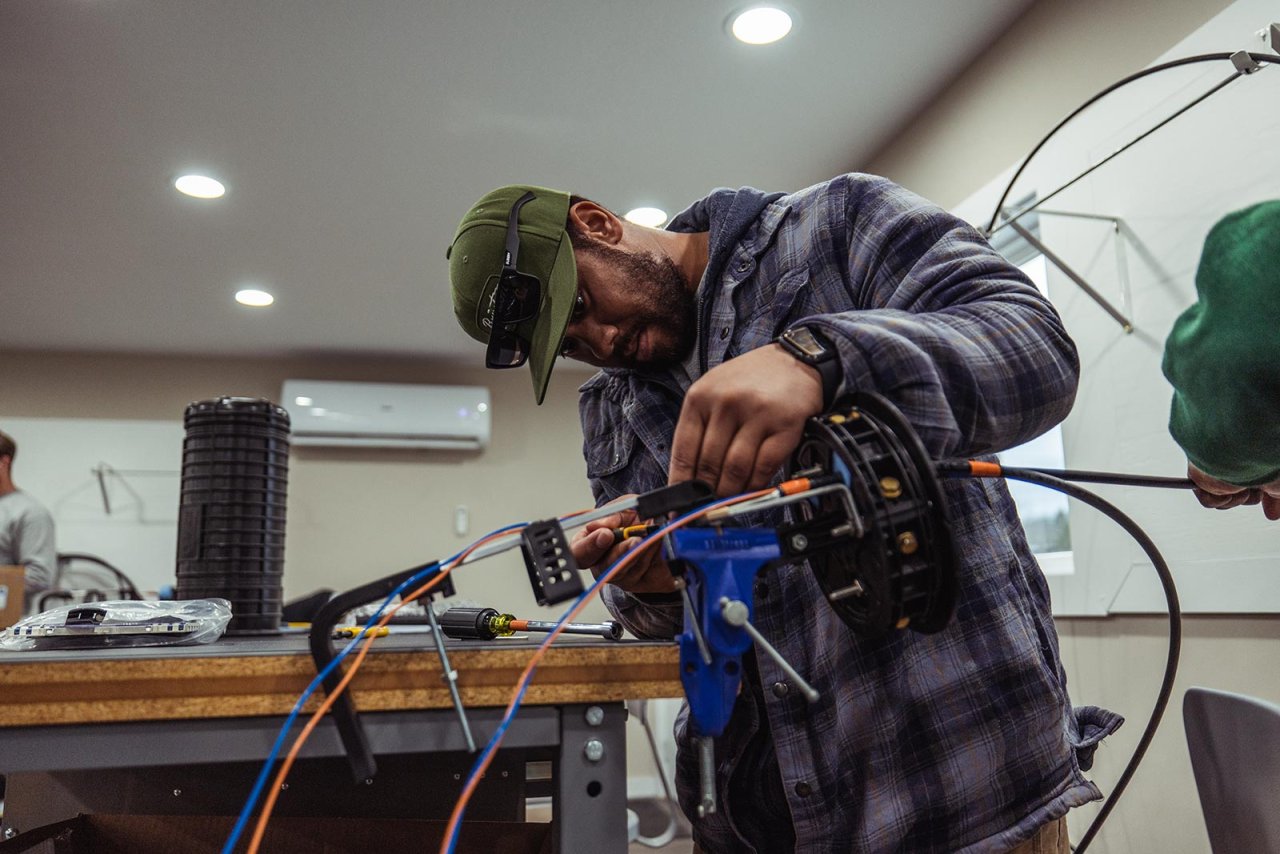
Students are taught how to safely build and maintain all aspects of telecom line construction. We teach the fundamentals of communications concepts in a safe controlled training environment.
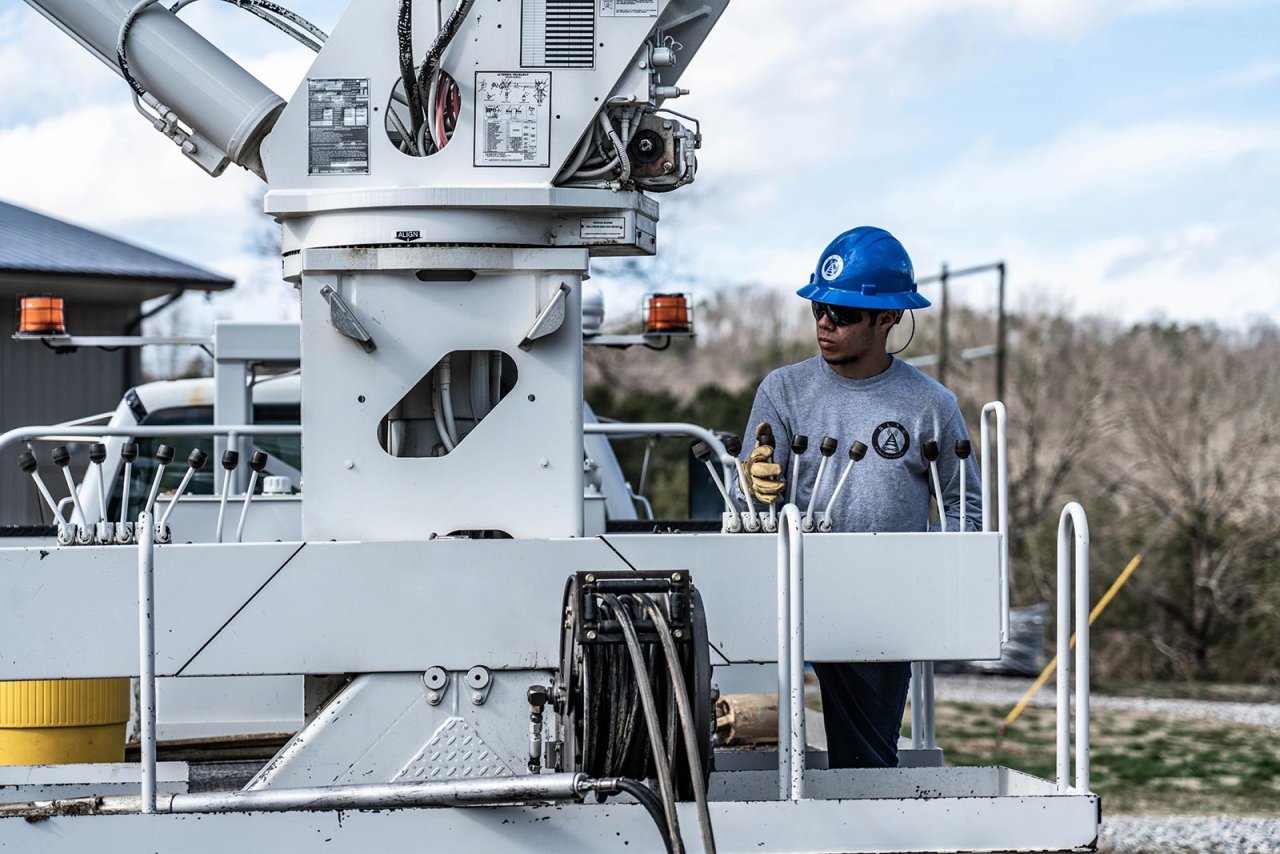
The use of equipment is a vital part of the educational journey. Students will earn their CDL and learn how to operate a digger derrick, bucket truck, and various other industry equipment while following safe worksite protocol.

While our program does focus heavily on outdoor field training, academic studies lay the foundation for safe work. Each of our courses are a base level, and will teach introductory information to be built upon during your training.
Fundamentals of Telecom
Rigging Fundamentals
Career Planning & Strategies
Fiber Optic Splicing
Climbing
Fiber Optic Splicing
OSHA 10 Hour ET&D
First Aid/CPR
NSC Flagger Certification
Pole-Top, Bucket Truck Rescue
Class A CDL License
Digger Derrick Qualification
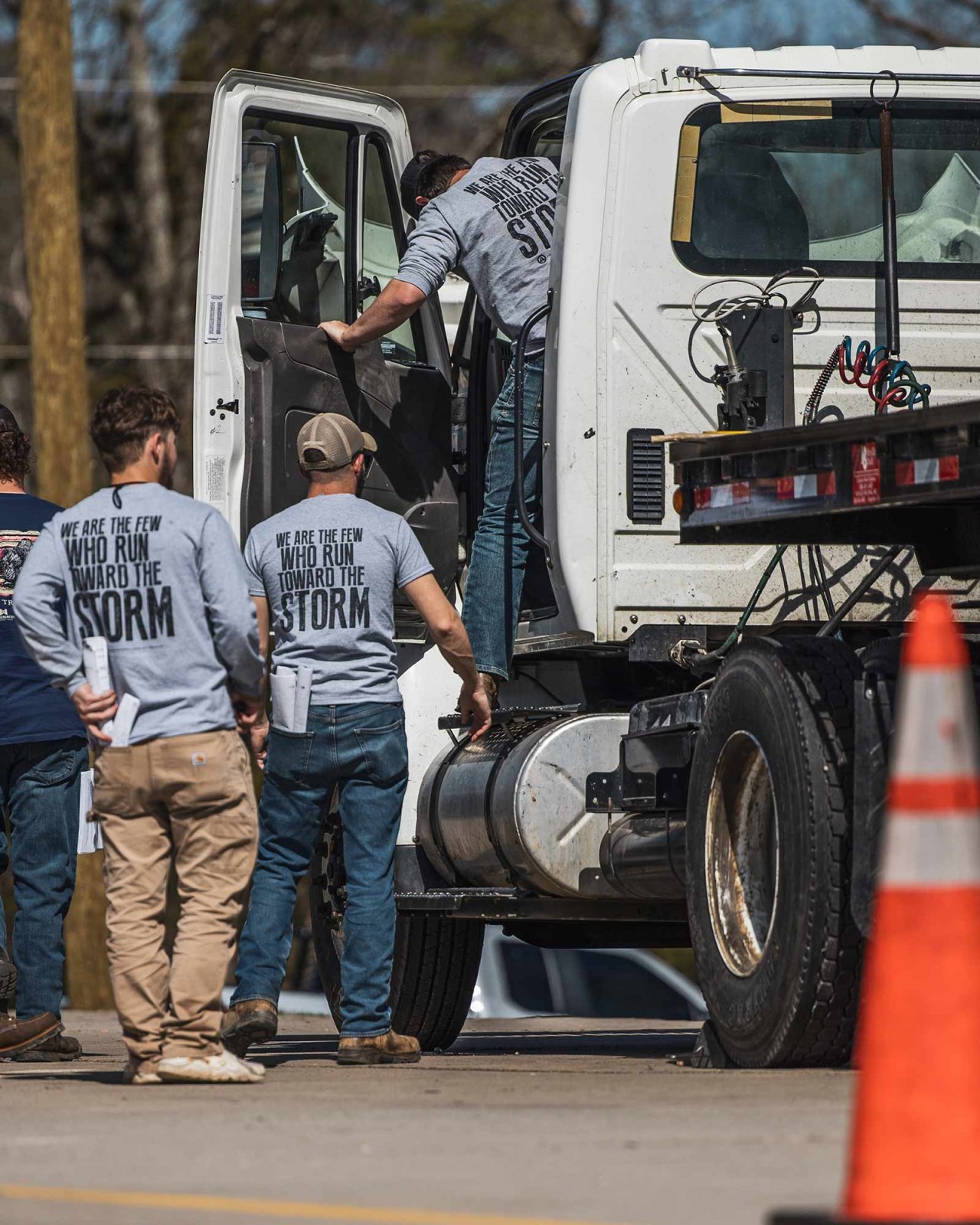
Earning a Class A CDL is a crucial step in having a successful career in linework. It is very difficult to get hired in the industry without a CDL. Our Communications Program provides students with the opportunity to receive CDL hands-on training as well as online course material to prepare them for their CDL test. We also have our very own approved testing site on campus so students can train, test, and receive certification all while attending SLTC.
2025
Class 51
2025
Class 52
2025
Class 53
With over 100 acres of training grounds our campuses provide classroom space, training labs, field lines, and equipment operation opportunities for hands-on training experiences. When taking a break from training, we are surrounded by countless outdoor activities with beautiful views, hiking, swimming, some of the best fishing in the Southeast, and more!
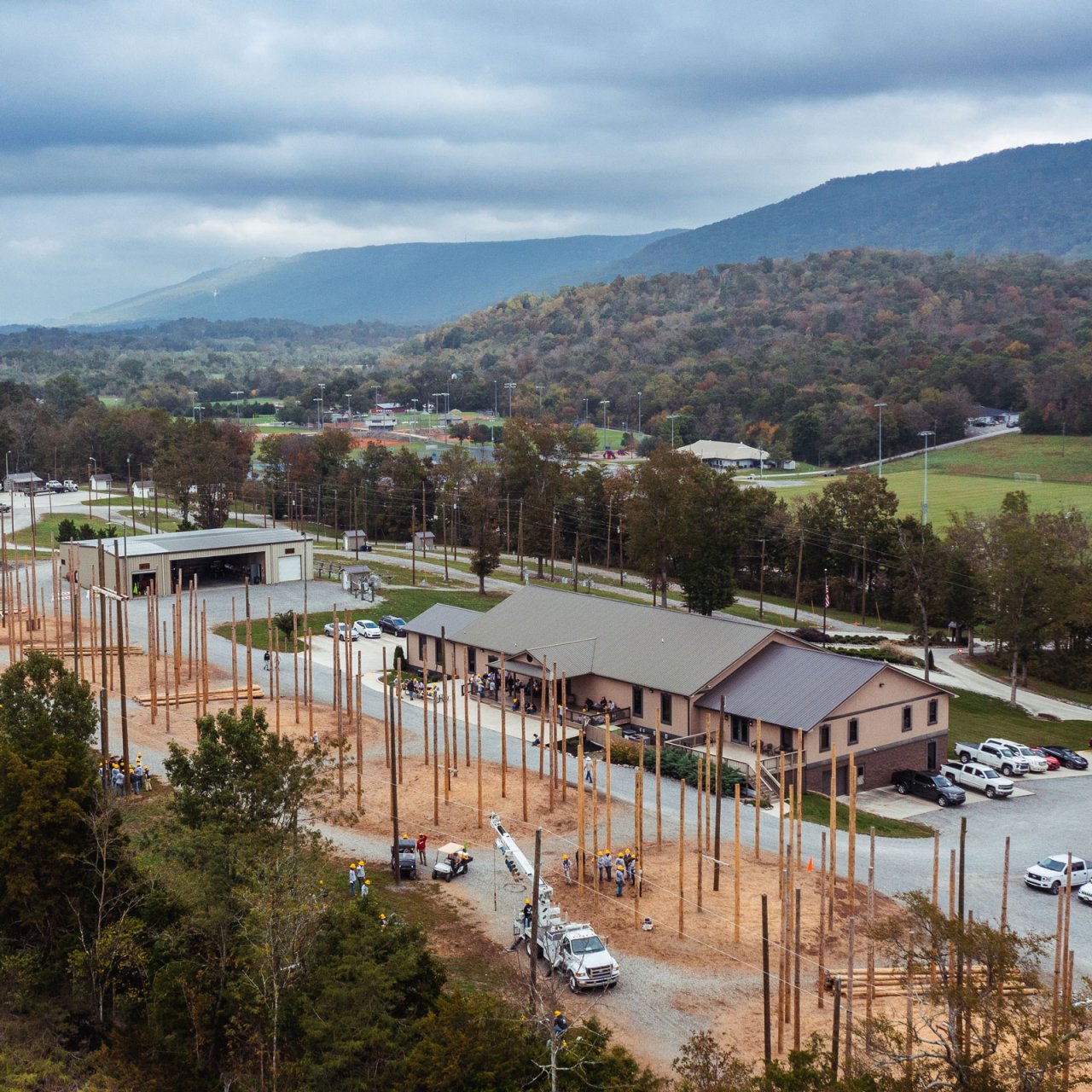
Every class we have students from all over the country, so housing assistance is just another way SLTC helps students prepare for their time here. While housing is not provided by SLTC, we work with the community to provide many options for students to have fully furnished housing for the entirety of their program. Check out your options on our housing page.
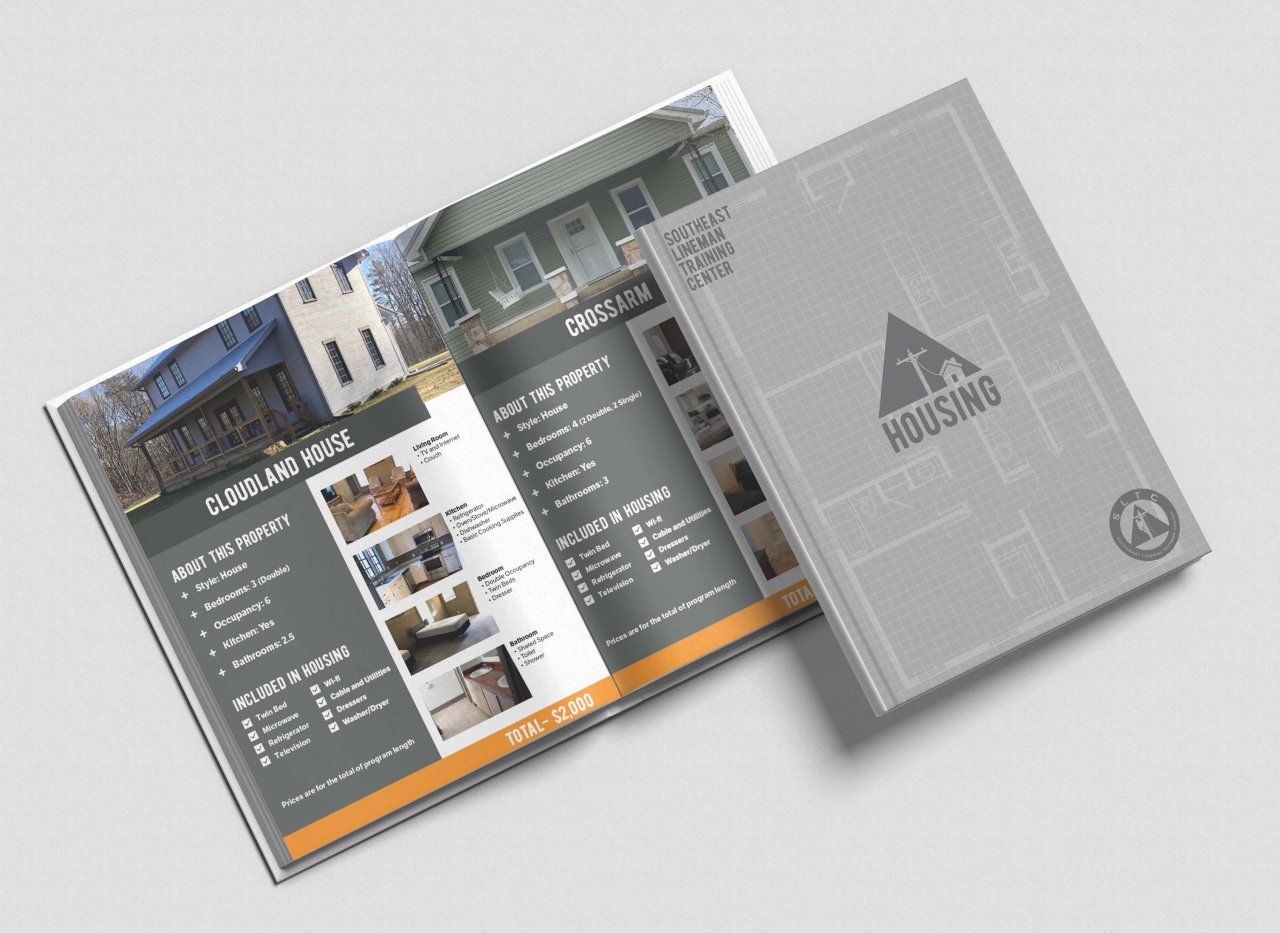
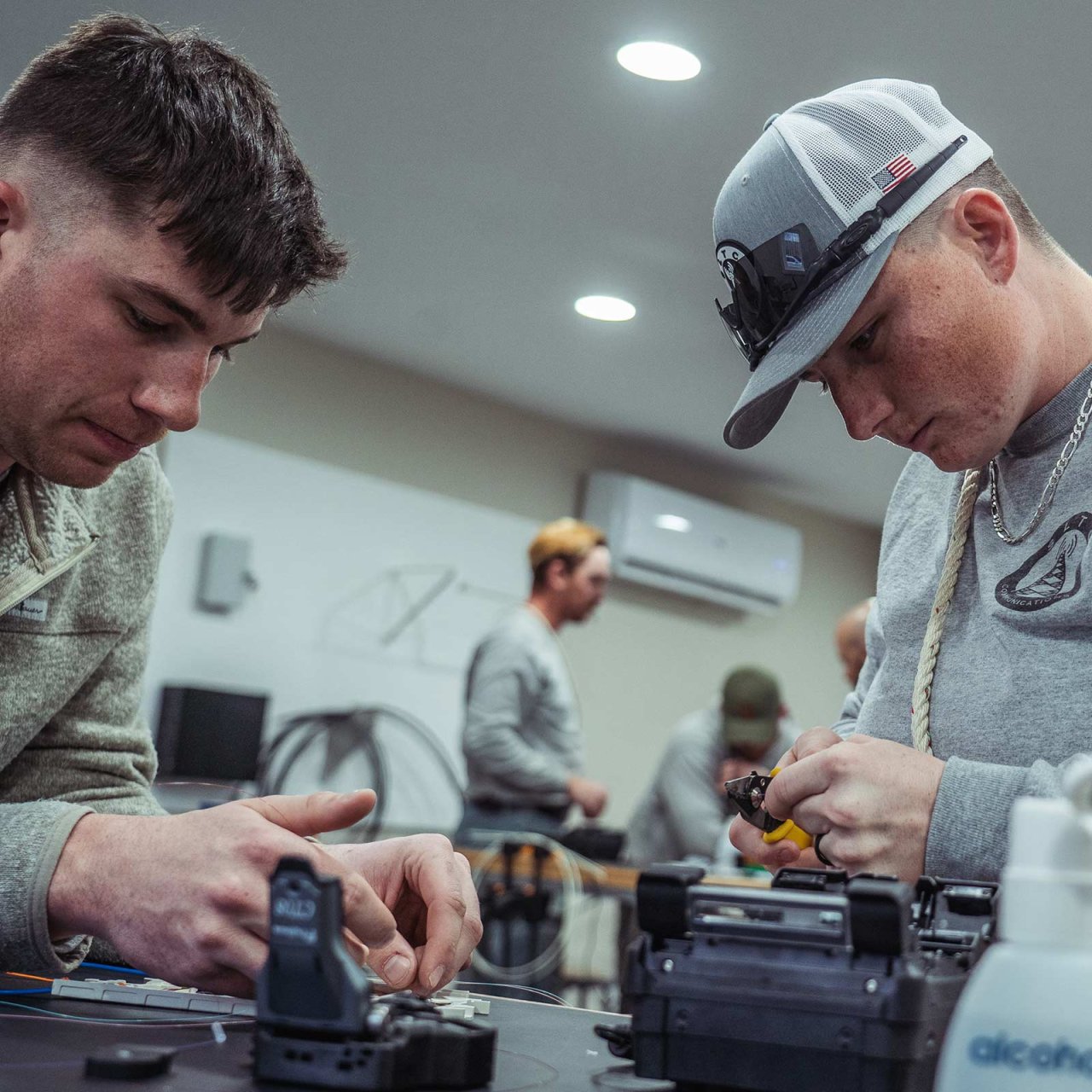
Training hours in our Communications Lineworker Program consists of 210 field hours and 110 classroom hours. Linework is best learned with hands-on experience, so most of your time will be spent outside developing your skills.
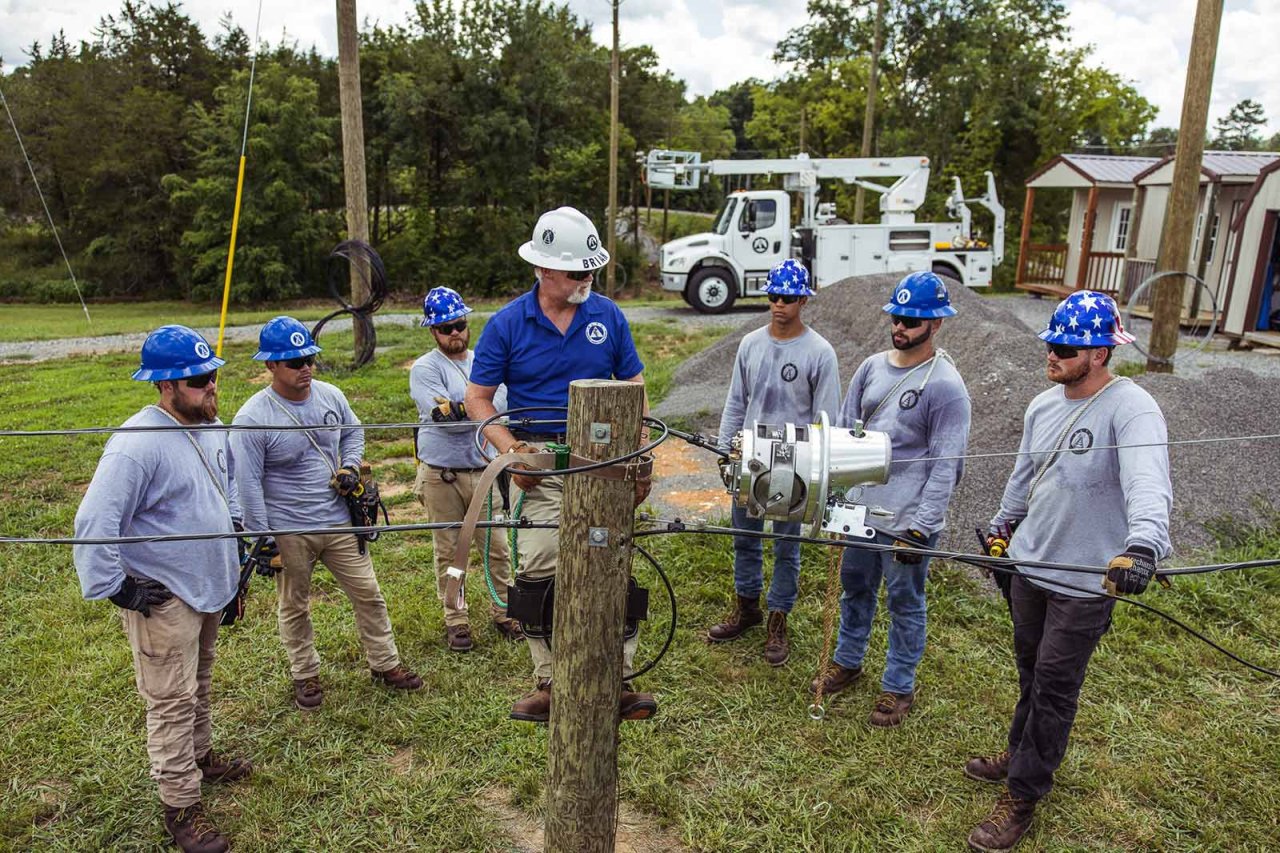
We have over 30 full-time instructors on staff, each with a passion for passing on their knowledge of the trade. Each instructor dedicates their time to helping you become the best you can be. Each with their own unique teaching style, our instructors are industry professionals with years of experience, ready to show you the ropes.
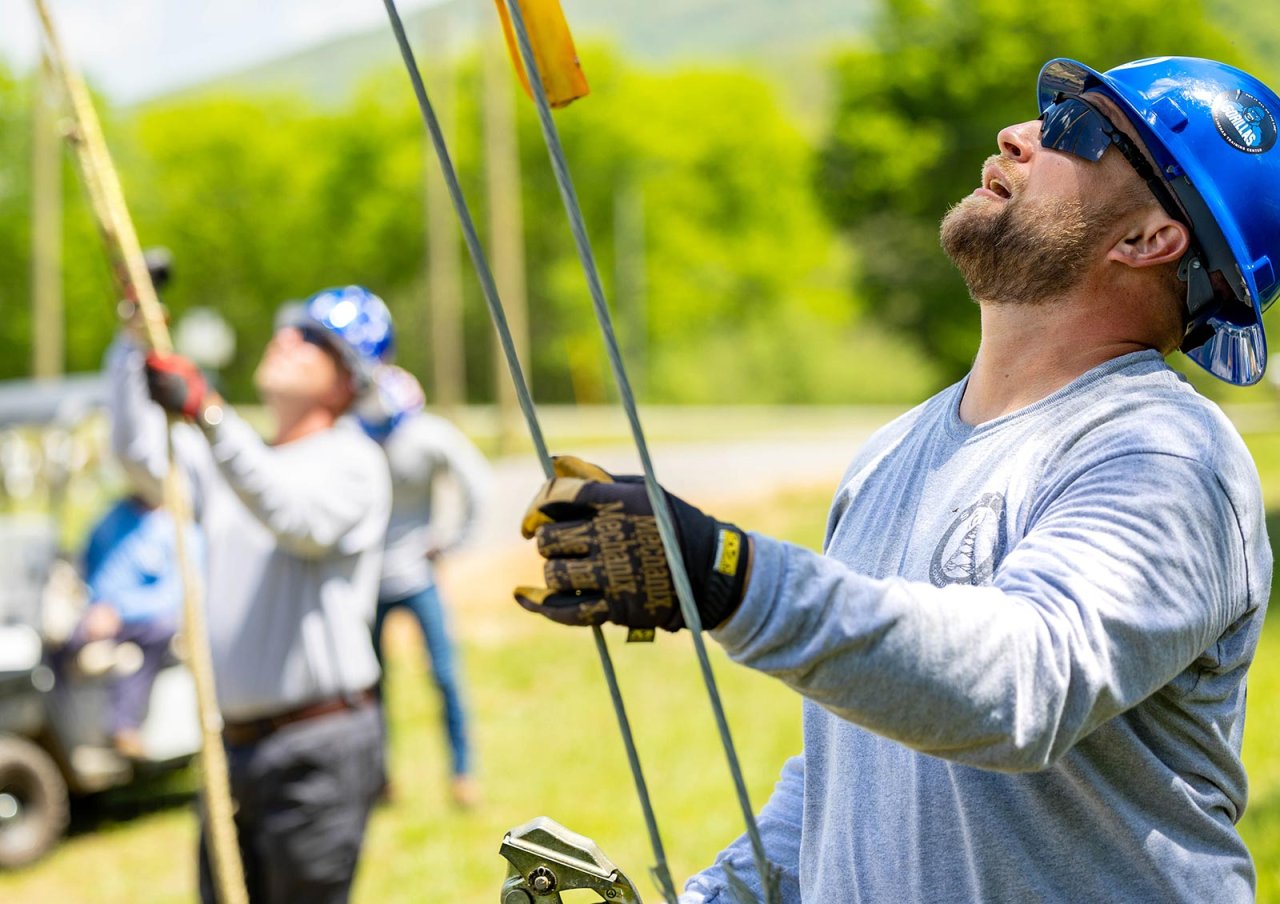
Because we are able to offer our Communications Lineworker Program more times a year, this allows for our class sizes to be smaller, creating more opportunities for 1-on-1 training. On average our classes are at a 10:1 instructor-to-student ratio.
Choosing linework as a career is a big decision, we want you to feel confident that SLTC is the right place for you. There are many reasons we think we are a perfect fit for you.
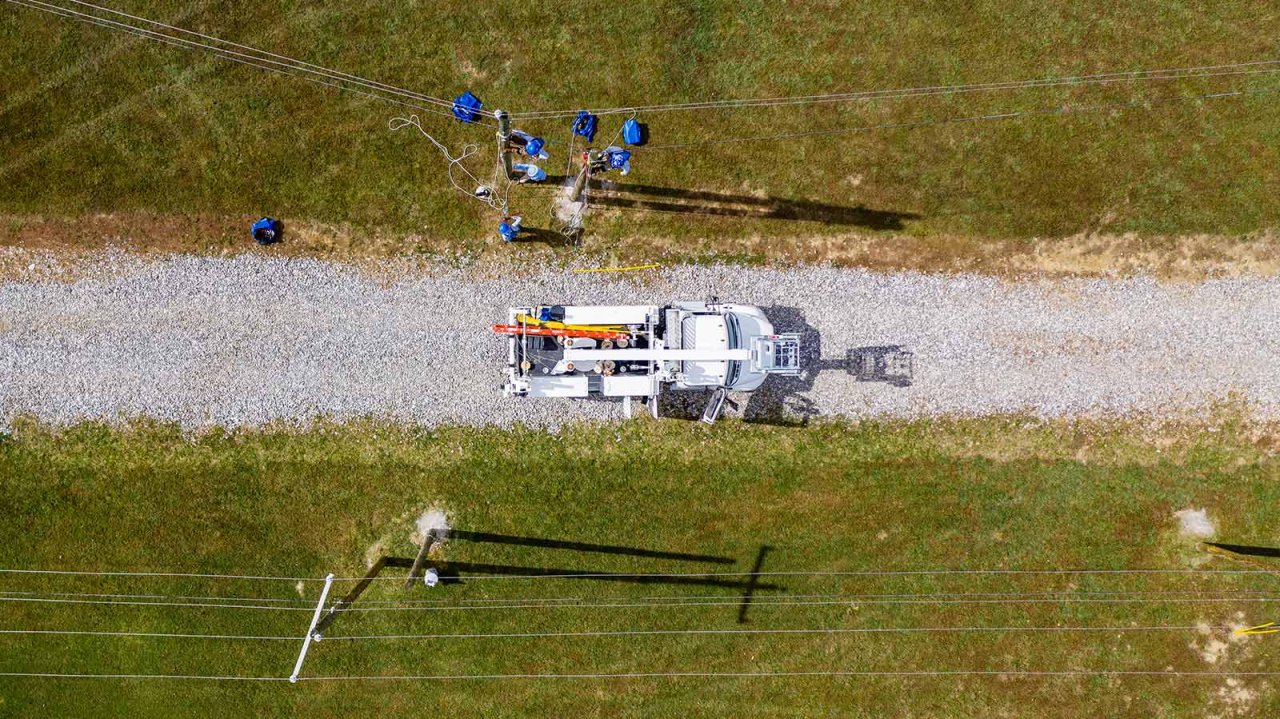
SLTC students are funded through various different means. Many use student loans or personally fund their education, but there are many options available. Along with financial aid, there are many different scholarships that potential students can apply for. Check out our financial aid page to learn more about your options.
